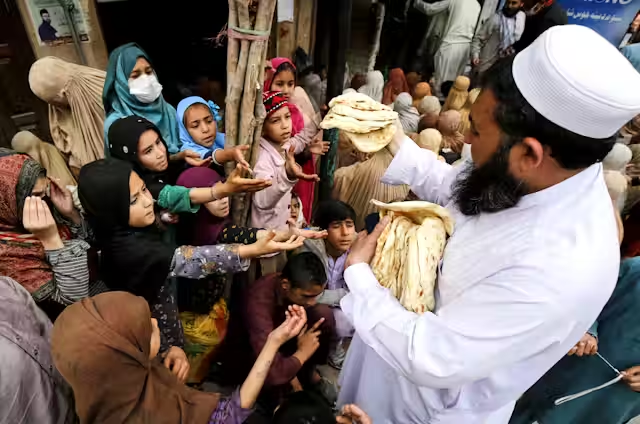
Climate change factors like drought and flooding have led to Africa’s massive food shortage. Countries like Zambia and Malawi have declared a state of emergency due to drought. Among the affected are the Muslims currently celebrating Ramadan.
The religion’s worst-hit strongholds include Algeria, Tunisia, South Sudan, and Morocco. The nations are amongst the world’s driest nations, and global warming has necessitated increased temperatures in the regions. For instance, South Sudan is experiencing extreme heat periods, with temperatures reaching 45 Degrees Celsius.
Unfortunately, African Muslims traditionally dwell in arid areas, thus inevitably causing climate disasters like flooding. Therefore, the low food production and sales affect the fasting Islamic group. Also, price increases are an issue for poor citizens in countries like Somalia and Northern Kenya.
Luckily, various affected parties benefit from the sharing nature of the festivity. More groups including the Christians should join in to help those facing food shortage. Therefore, it is a call to action for governments to offer solutions for those affected.
Investment in solar in arid areas can help create solar-powered plants. Renewable energy resources will assist in developing solar-powered irrigation schemes for increased food production. The solar power firms will also create employment, and enable a sustainable economy in the Islamic-dominated regions.


Add a Comment